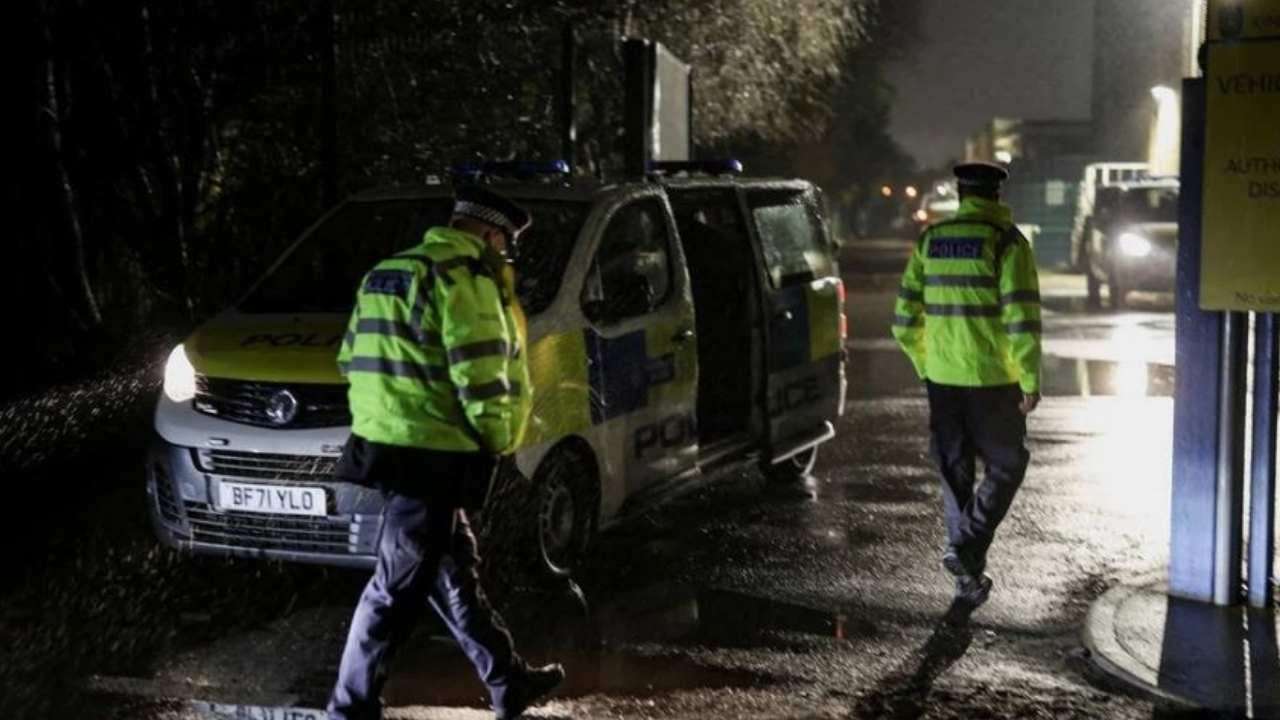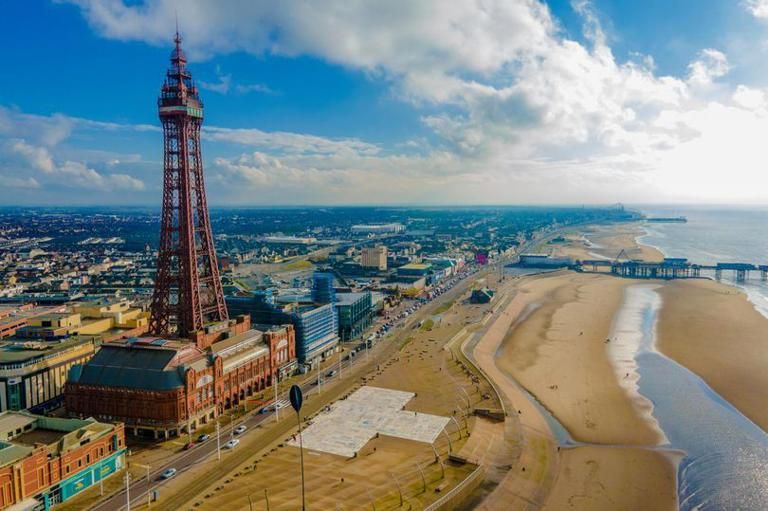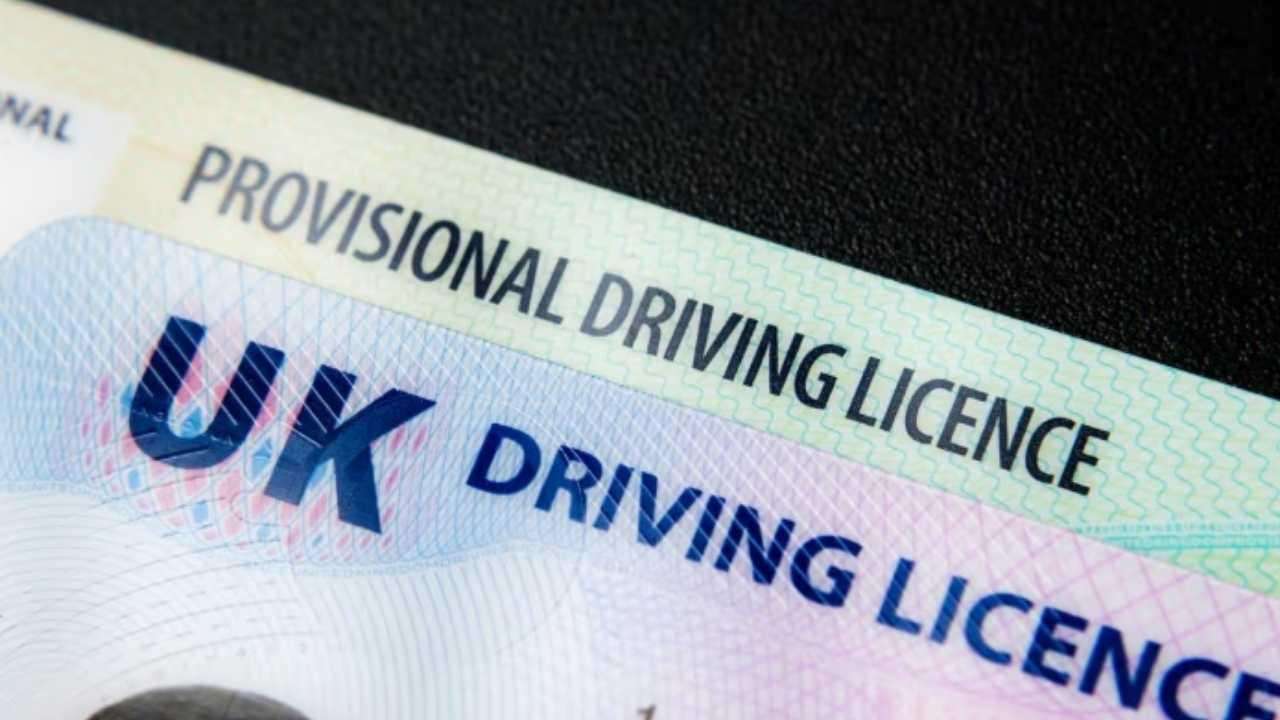According to recent studies, life expectancy has decreased in the United Kingdom.
New data from the Office for National Statistics shows that newborns born in 2021–2023 are less likely to live than those born in the three years prior to the epidemic.
According to the report, male life expectancy has decreased in four out of ten council areas in the UK, while female life expectancy has decreased in seven of ten. There is a difference in life expectancy between the North and the South of the country, according to the report.
The top 10 areas for longer life expectancy, for both males and females, were all located in the south of the country. While the 10 areas with the shortest life expectancies for males were in Scotland, and the north of England and Wales. The areas with the shortest life expectancies for females were found in Scotland.
The study also revealed that, for the first time since 2001, Glasgow has been taken over as the part of the UK with the lowest life expectancy for males. Blackpool has an average life expectancy for males of 73.1 years, while Glasgow has a life expectancy of 73.6 years.
However, Scotland still dominates the list of the 10 top areas with the lowest male life expectancy in the UK. However, Manchester and Kingston-upon-Hull in England, and Merthyr Tydifil in Wales are also on the list.
Glasgow has the lowest female life expectancy in Great Britain (78.3 years), while female babies born in Blackpool have the lowest lifespan in England (78.9 years), and Blaenau Gwent in Wales (79.0 years).
Male life expectancy was highest in the affluent Hampshire district of Hart (83.4 years), while female life expectancy was highest in London’s exclusive borough of Kensington and Chelsea (86.5 years).
In Scotland, males (81.0 years) and females (84.5 years) live longest in East Renfrewshire, and in Wales, it was Monmouthshire (80.4 years for males and 83.9 years for females).








.svg)



